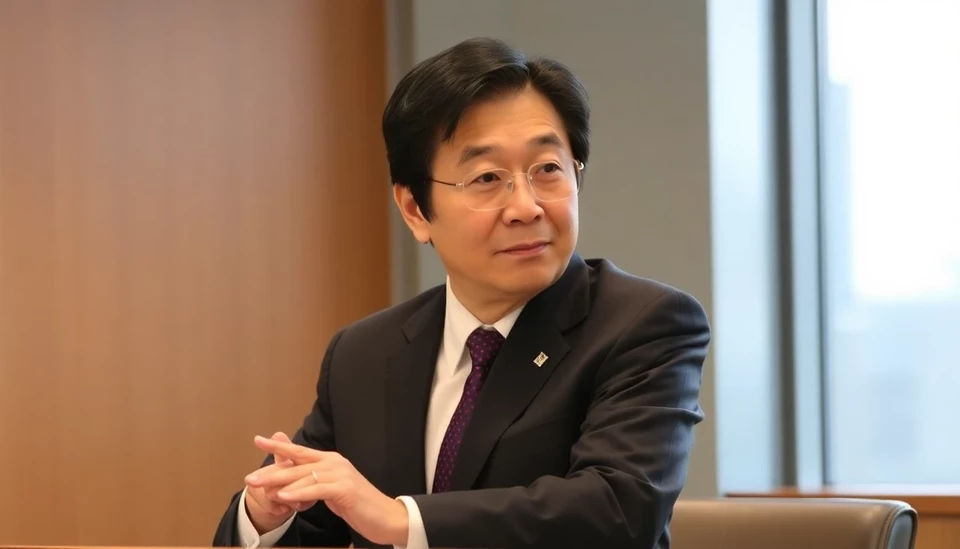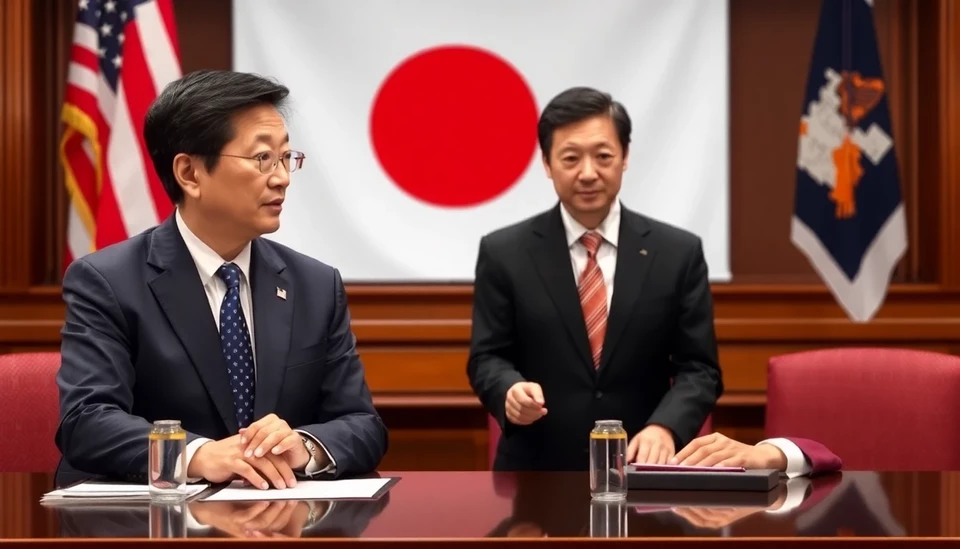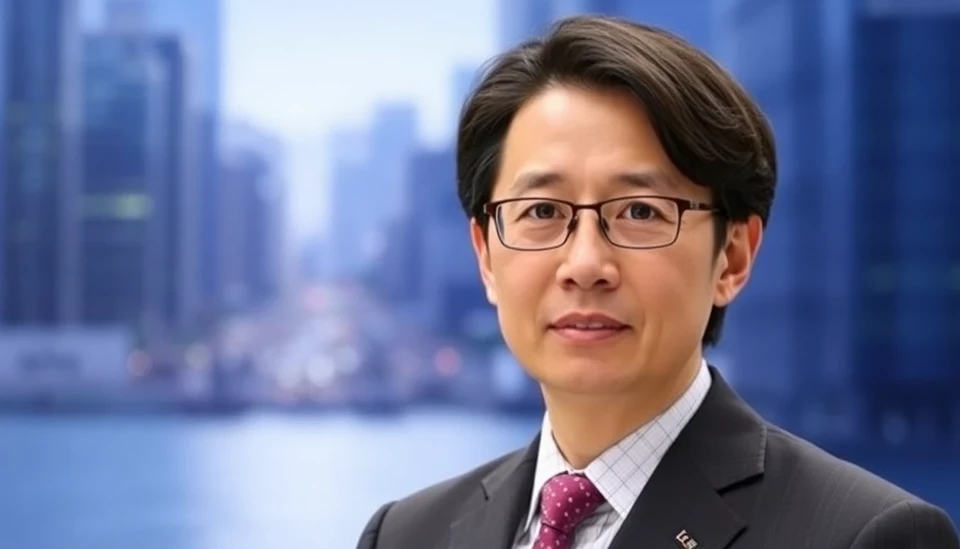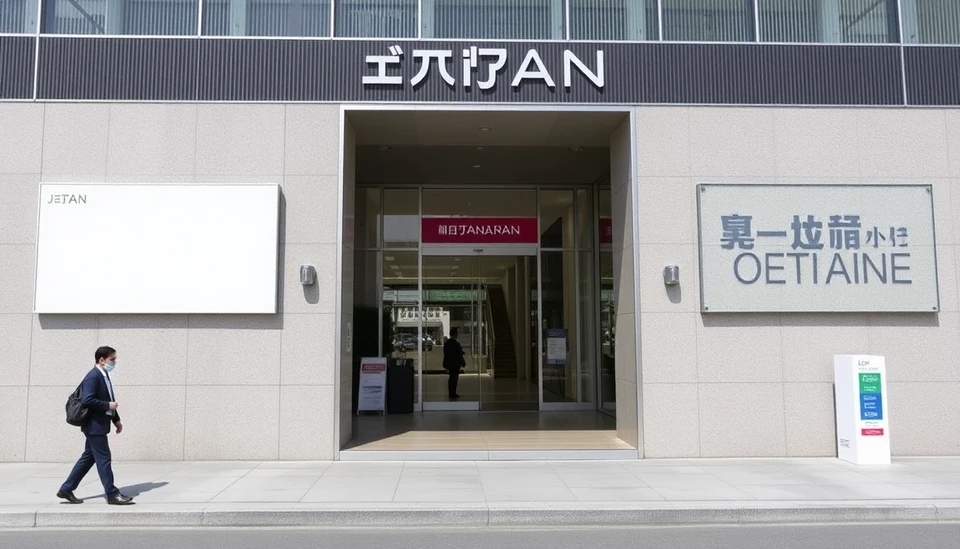
In a renewed push for enhancing employee compensation, former Japanese politician Shigeru Ishiba is vocalizing his concerns about stagnant wages in the country. Ishiba, who has held various prominent positions including Minister of Defense, emphasizes that a wage increase is essential not only for boosting individual purchasing power but also for stimulating the broader economy.
The backdrop of Ishiba's appeals comes as Japan continues to grapple with a sluggish economy marked by extended low inflation rates and an aging workforce. Despite efforts from the Bank of Japan to revive economic growth and inflation, many employees still find their salaries insufficient to cope with rising living costs. This circumstance has drawn attention to the urgent need for companies to prioritize wage hikes.
Ishiba recently articulated his views during a forum, describing the wage stalemate as a barrier to economic recovery. He urged corporate leaders to adopt a more proactive stance on raising salaries, highlighting that failing to do so could damage consumer confidence and impede economic growth. His assertions echo sentiments widely held across various sectors, as many stakeholders believe that increasing wages is vital for enhancing domestic consumption.
The challenge is exacerbated by Japan's unique economic landscape, where traditional corporate practices and a culture of long-term employment have often resulted in a reluctance to adjust pay scales upwards. Ishiba's remarks come at a time when there is growing pressure on companies to reconsider their compensation strategies, particularly as labor shortages intensify in certain industries. With a contracting workforce due to demographic shifts, businesses now face the dual challenge of retaining talent while also attracting new employees.
Furthermore, the emphasis on raising wages correlates with a greater demand for companies to share profits with employees. Economic indicators suggest that while many companies are thriving, the benefits of this growth have not been evenly distributed. Ishiba's call for action seeks to address this disparity, pushing firms to recognize their social responsibilities in ensuring fair wage distribution.
Support for Ishiba's position is gaining traction across political lines, with calls for comprehensive wage reforms becoming increasingly prominent. Lawmakers are now under pressure to formulate policies that encourage companies to invest in their workforce as a way of fostering sustainable economic growth. The dialogue around employee compensation is expected to play a critical role in Japan's economic policy discussions moving forward.
In conclusion, Shigeru Ishiba's renewed campaign for corporate wage increases could represent a significant turning point in Japan's economic narrative. As the country confronts a myriad of challenges stemming from demographic trends and economic stagnation, the outcomes of these debates will likely have lasting implications for workers and the business community alike.
With Japan's economy at a crossroads, the urgency for higher wages rings louder than ever—an essential step towards reviving a sluggish economic framework and restoring consumer confidence.
#Japan #Wages #Ishiba #Economy #CorporateResponsibility #LaborMarket #IncomeGrowth
Author: Rachel Greene




